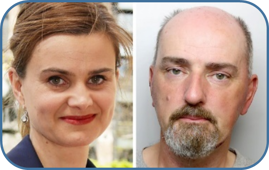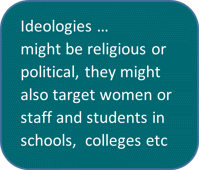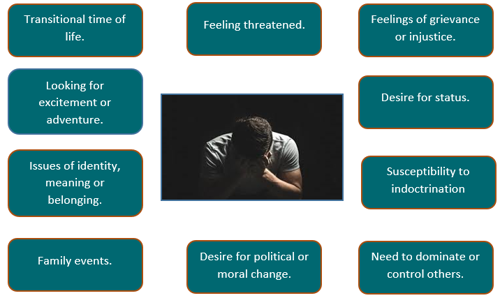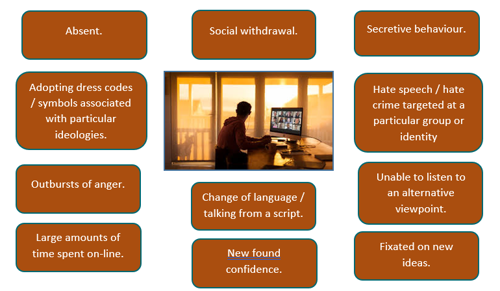What is Prevent?
Prevent is part of CONTEST, the UK government’s counter-terrorism strategy and aims to stop people becoming terrorists or supporting terrorism. This is done by:
- tackling the causes of radicalisation and respond to the ideological challenge of terrorism.
- safeguard and support those most at risk of radicalisation through early help and offering them support
- help those who have already got involved in terrorism to disengage.
Prevent is about keeping your child safe and making sure that they get the help they need before they do something criminal.
Involvement in Prevent is voluntary and confidential. The people that are helped through Prevent do not get a criminal record because they have been referred or helped.




